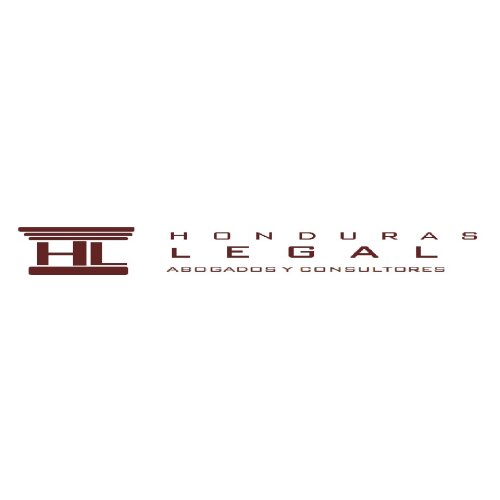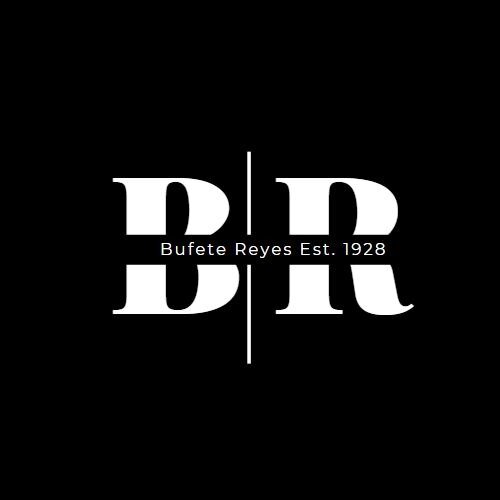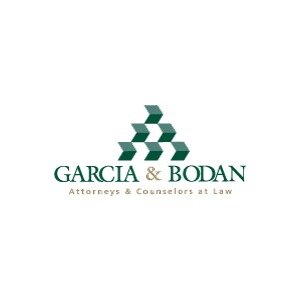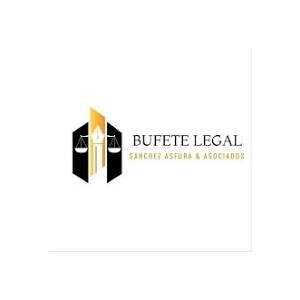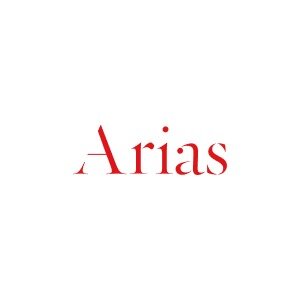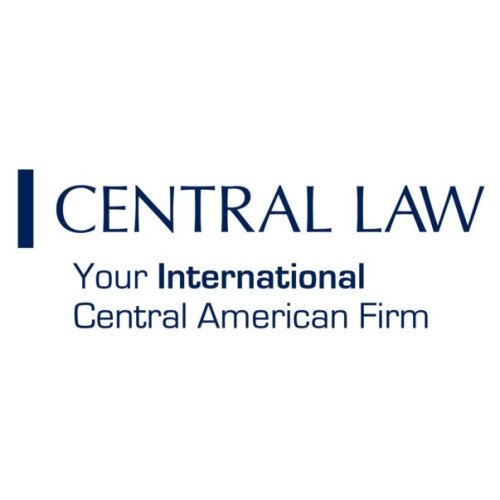Best Conveyancing Lawyers in Honduras
Share your needs with us, get contacted by law firms.
Free. Takes 2 min.
Free Guide to Hiring a Real Estate Lawyer
Or refine your search by selecting a city:
List of the best lawyers in Honduras
About Conveyancing Law in Honduras
Conveyancing in Honduras refers to the legal process of transferring ownership of real property from one person to another. This process involves several steps, including property title searches, preparation and signing of legal documents, checking for taxes and liens, and registration of the property transfer with local authorities. In Honduras, property transactions follow specific legal requirements that ensure the buyer receives clear title and the transaction is recognized by law. The involvement of professionals such as lawyers and notaries is typical to ensure all stages comply with national property and civil laws.
Why You May Need a Lawyer
There are various scenarios where individuals or businesses may require a lawyer in the context of conveyancing in Honduras, such as:
- Buying or selling residential or commercial property
- Inheritance or division of property among heirs
- Donation or gifting of real estate
- Resolving disputes about land boundaries or ownership
- Clearing title or addressing encumbrances on a property
- Dealing with foreign ownership procedures and restrictions
- Navigating mortgage registration or cancellation
- Ensuring compliance with special restrictions in protected, coastal, or ejido (communal) lands
Legal guidance is essential to avoid mistakes, prevent fraud, and ensure that the transaction is binding, enforceable, and compliant with Honduran laws. Lawyers can lead the due diligence process, draft and review contracts, and represent clients in case of disputes.
Local Laws Overview
Several key aspects of Honduran law govern conveyancing transactions. Notably:
- All property transfers must be conducted through a notary public, who drafts the public deed (escritura pública).
- Property transactions are registered at the National Property Institute (Instituto de la Propiedad), which administers the property registry.
- Before any transfer, a full title search must be conducted to confirm ownership and detect liens, mortgages, or legal claims.
- Foreigners can own property in most parts of Honduras, except within 40 kilometers of national borders and certain protected coastal areas, where special rules apply.
- Tax obligations, such as transfer taxes and stamp duties, must be paid before registration takes place.
- Properties held under "possession rights" rather than full title have different legal implications and must be carefully evaluated before purchase or sale.
- For properties under co-ownership, consent from all co-owners or confirmation of inheritance division is required.
It is crucial to verify that the property has no unpaid taxes, mortgages, or hidden legal issues before finalizing any transaction.
Frequently Asked Questions
What is the process for buying property in Honduras?
The process begins with finding a suitable property and making a purchase agreement. A lawyer or notary will conduct a title search, draft the public deed, oversee payment and property tax clearance, and register the transfer at the National Property Institute.
Do I need a lawyer to buy or sell property in Honduras?
While not strictly required, it is highly recommended to engage a lawyer, as they ensure legal compliance, perform due diligence, prepare and review contracts, and protect your interests throughout the transaction.
What is a public deed?
A public deed (escritura pública) is the legal document drafted and authenticated by a notary public that formalizes the transfer of property rights and is required for registration with the property registry.
Can foreigners own property in Honduras?
Yes, foreigners can own property in Honduras, except in restricted areas such as within 40 kilometers of borders and certain protected zones. There are also restrictions on coastal and island properties, which often require ownership through a Honduran corporation.
How long does it take to complete a property transfer?
The process typically takes several weeks to a few months, depending on title verification, document preparation, and processing times at the property registry.
Are there taxes or fees involved in conveyancing?
Yes, buyers typically pay property transfer taxes, legal fees, notary fees, and registry fees. Sellers may also be subject to capital gains tax if the property has increased in value.
What risks should I be aware of when buying property in Honduras?
Common risks include fraud, unclear title, outstanding liens or mortgages, unresolved inheritance claims, and zoning or use restrictions. These can be mitigated with proper legal due diligence.
What is the difference between possession rights and full ownership?
Possession rights grant use and occupation of the land but do not constitute full legal ownership. Full ownership (dominio pleno) is established through registered title and provides stronger legal protection.
How can I check if a property title is clean?
A comprehensive title search at the National Property Institute will reveal the legal status, existing liens, mortgages, or claims on a property. A lawyer or notary usually conducts this search before purchase.
What happens if there is a dispute over property boundaries or ownership?
Disputes can be resolved through negotiation, mediation, or legal proceedings. A lawyer can represent your interests to clarify boundaries, defend ownership, or seek resolution in court if necessary.
Additional Resources
For further information or assistance, consider contacting the following entities:
- Instituto de la Propiedad (National Property Institute) - the main property registry and authority on property rights in Honduras.
- Colegio de Abogados de Honduras (Honduras Bar Association) - for finding qualified property lawyers or notaries.
- Honduran Ministry of Justice - provides guidance on legal requirements and procedures for property transfers.
- Local municipal offices - important for verifying land use permits, zoning, and municipal taxes.
Next Steps
If you are considering buying or selling property in Honduras, start by consulting a qualified lawyer with experience in property and real estate law. Gather all available documents related to the property, such as title deeds, tax receipts, and surveys. Request a thorough title search and ensure any contracts or agreements are reviewed by legal professionals before signing. When necessary, use the services of a registered notary public for drafting the public deed. Register the completed transaction at the National Property Institute to secure your legal rights. If you encounter any uncertainties or disputes, seek legal advice early to avoid complications.
Lawzana helps you find the best lawyers and law firms in Honduras through a curated and pre-screened list of qualified legal professionals. Our platform offers rankings and detailed profiles of attorneys and law firms, allowing you to compare based on practice areas, including Conveyancing, experience, and client feedback.
Each profile includes a description of the firm's areas of practice, client reviews, team members and partners, year of establishment, spoken languages, office locations, contact information, social media presence, and any published articles or resources. Most firms on our platform speak English and are experienced in both local and international legal matters.
Get a quote from top-rated law firms in Honduras — quickly, securely, and without unnecessary hassle.
Disclaimer:
The information provided on this page is for general informational purposes only and does not constitute legal advice. While we strive to ensure the accuracy and relevance of the content, legal information may change over time, and interpretations of the law can vary. You should always consult with a qualified legal professional for advice specific to your situation.
We disclaim all liability for actions taken or not taken based on the content of this page. If you believe any information is incorrect or outdated, please contact us, and we will review and update it where appropriate.
Browse conveyancing law firms by city in Honduras
Refine your search by selecting a city.



